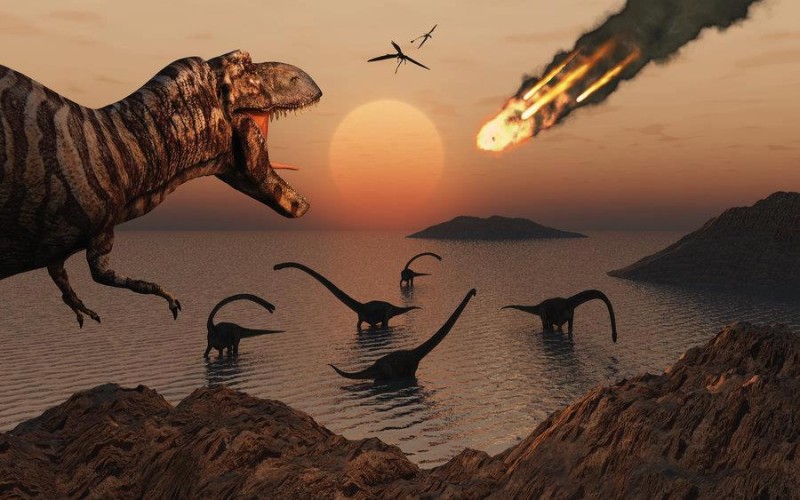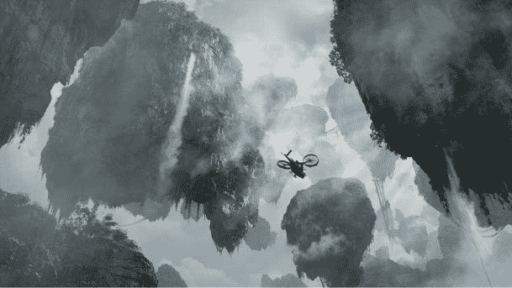The extinction of dinosaurs 66 million years ago coincides with a huge hail of asteroids hitting the surface of the Earth. While these asteroids didn’t exactly kill all dinosaurs, scientists have found evidence that it led to a ‘nuclear winter’ which in turn rendered dinosaurs extinct.
The asteroids, which were great in number and had huge speeds when they reached Earth, whipped up a dust cloud that covered the entire surface of the Earth. As a result, the Sun couldn’t get through and it began a ‘nuclear winter’, much like the overcast environment would be created during a nuclear war.
The interesting part is that this desolate, Sun-less winter lasted for only two or three decades. But this was enough to wipe away the dinosaurs who relied heavily on green habitats. The winter lowered sea surface temperatures to 7°C, the greenery dried and fell off and the planet became a desolate, cold place slowly ending the species of the dinosaurs.
Scientists have based this new possibility on new evidence found in Brazos River, Texas. The evidence reveals that about the same time when dinosaurs went extinct, there was a significant drop in the temperatures of the oceans. Not only that, the asteroid strike was accompanied with other doomsday events such as global wildfires, earthquakes, tsunamis and numerous other catastrophes, all on an extraordinary scale.
Ultimately, the light of the Sun dimmed to 20% its normal light. This was insufficient for the green life on Earth and the plants withered away. As a result, food chains collapsed and many species ran into extinction. The more resilient ones, like birds and mammals, survived and continue to live to this day.
Courtesy: Daily Mail
[ttjad keyword=”ipad”]




